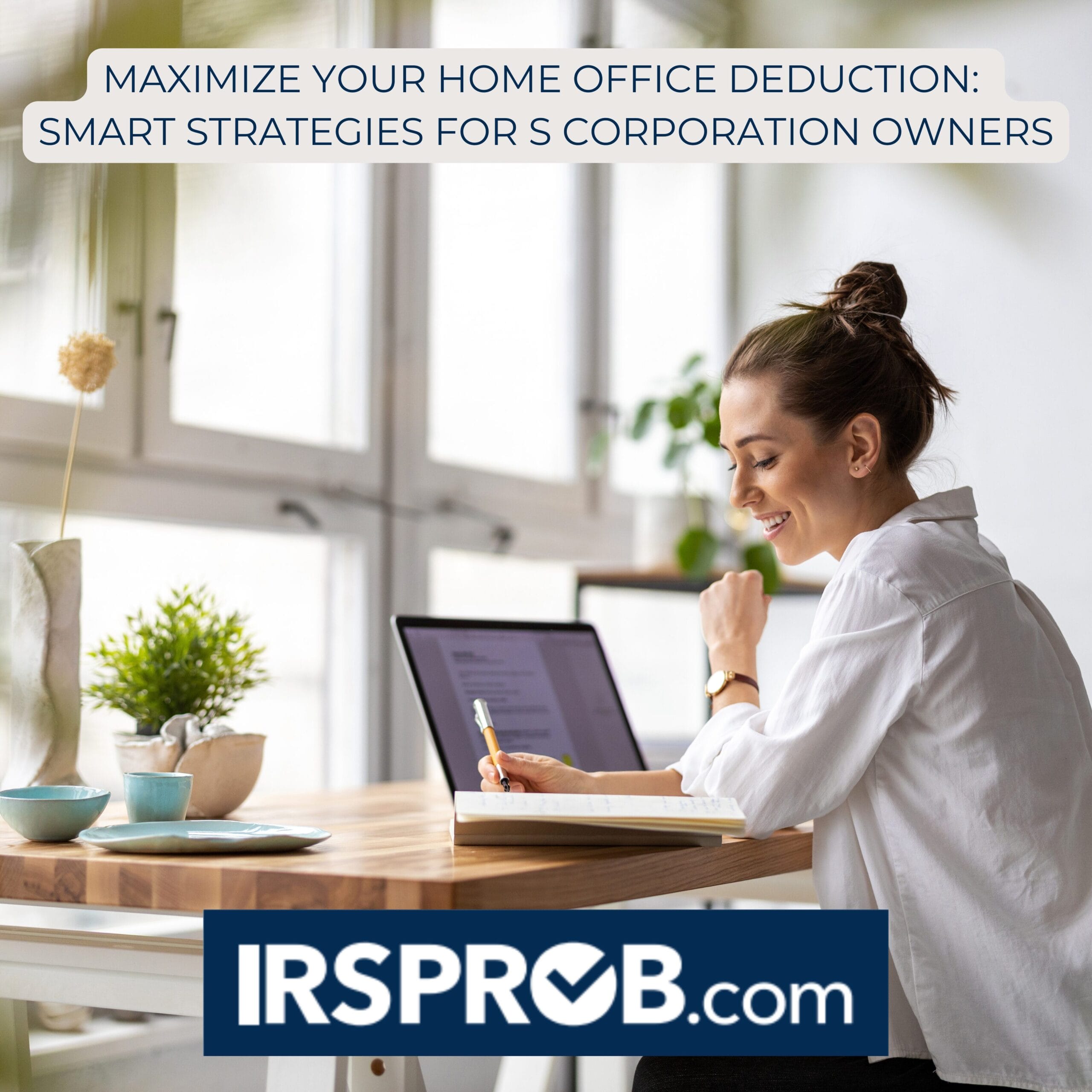As a business owner operating an S corporation from your home, you might be wondering how to best handle your home office expenses. Should you rent your home office to your S corporation? The short answer is no – there’s a better way to save on taxes.
The Pitfall of Renting Your Home Office
While it may seem logical to rent your home office to your S corporation, this approach offers no tax benefits. In fact, it could potentially complicate your tax situation unnecessarily.
The Smart Alternative: Employee Reimbursement
Instead of renting, the most tax-efficient method is to have your S corporation reimburse you as an employee for the use of your home office. Here’s how to do it:
- Calculate your home office expenses using IRS Form 8829 or a similar worksheet.
- Submit an expense report to your S corporation for reimbursement of that amount.
- The S corporation can then deduct this reimbursement as a business expense.
This method allows you to receive tax-free reimbursement while providing a deduction for your S corporation.
Why Employee Reimbursement Works
The key advantage of this approach is that it satisfies the “convenience of the employer” test, which is crucial for tax-free reimbursements. Since your home office is the only office of the corporation, you’ll have no trouble meeting this requirement.
Steps to Implement This Strategy
- Accurately measure your home office space.
- Keep detailed records of all related expenses (mortgage interest, property taxes, utilities, insurance, repairs, etc.).
- Use IRS Form 8829 or a similar worksheet to calculate the business use percentage of your home.
- Submit regular (monthly or quarterly) expense reports to your S corporation.
- Ensure your S corporation keeps proper documentation of these reimbursements.
Additional Considerations
Remember, your home office must be used regularly and exclusively for your business to qualify for this deduction. It should be your principal place of business for the S corporation.
By following this strategy, you can effectively reduce your overall tax burden while maintaining clear separation between personal and business expenses. It’s a win-win situation that maximizes your tax savings within the bounds of IRS regulations.
As always, tax laws can be complex and subject to change. While this strategy is generally beneficial for S corporation owners with home offices, it’s always wise to consult with a us to ensure it’s the right approach for your specific situation.









